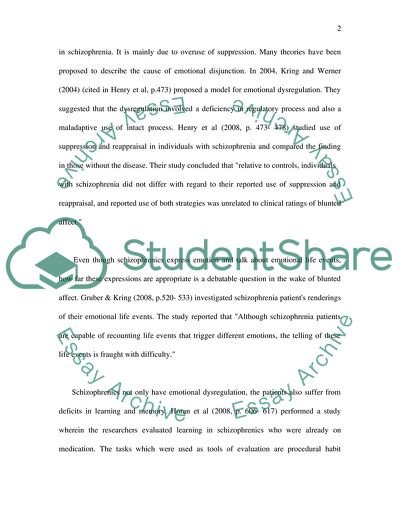Cite this document
(Psychology: Schizophrenia Term Paper Example | Topics and Well Written Essays - 1250 words, n.d.)
Psychology: Schizophrenia Term Paper Example | Topics and Well Written Essays - 1250 words. https://studentshare.org/psychology/1718482-psychology-schizophrenia
Psychology: Schizophrenia Term Paper Example | Topics and Well Written Essays - 1250 words. https://studentshare.org/psychology/1718482-psychology-schizophrenia
(Psychology: Schizophrenia Term Paper Example | Topics and Well Written Essays - 1250 Words)
Psychology: Schizophrenia Term Paper Example | Topics and Well Written Essays - 1250 Words. https://studentshare.org/psychology/1718482-psychology-schizophrenia.
Psychology: Schizophrenia Term Paper Example | Topics and Well Written Essays - 1250 Words. https://studentshare.org/psychology/1718482-psychology-schizophrenia.
“Psychology: Schizophrenia Term Paper Example | Topics and Well Written Essays - 1250 Words”. https://studentshare.org/psychology/1718482-psychology-schizophrenia.


